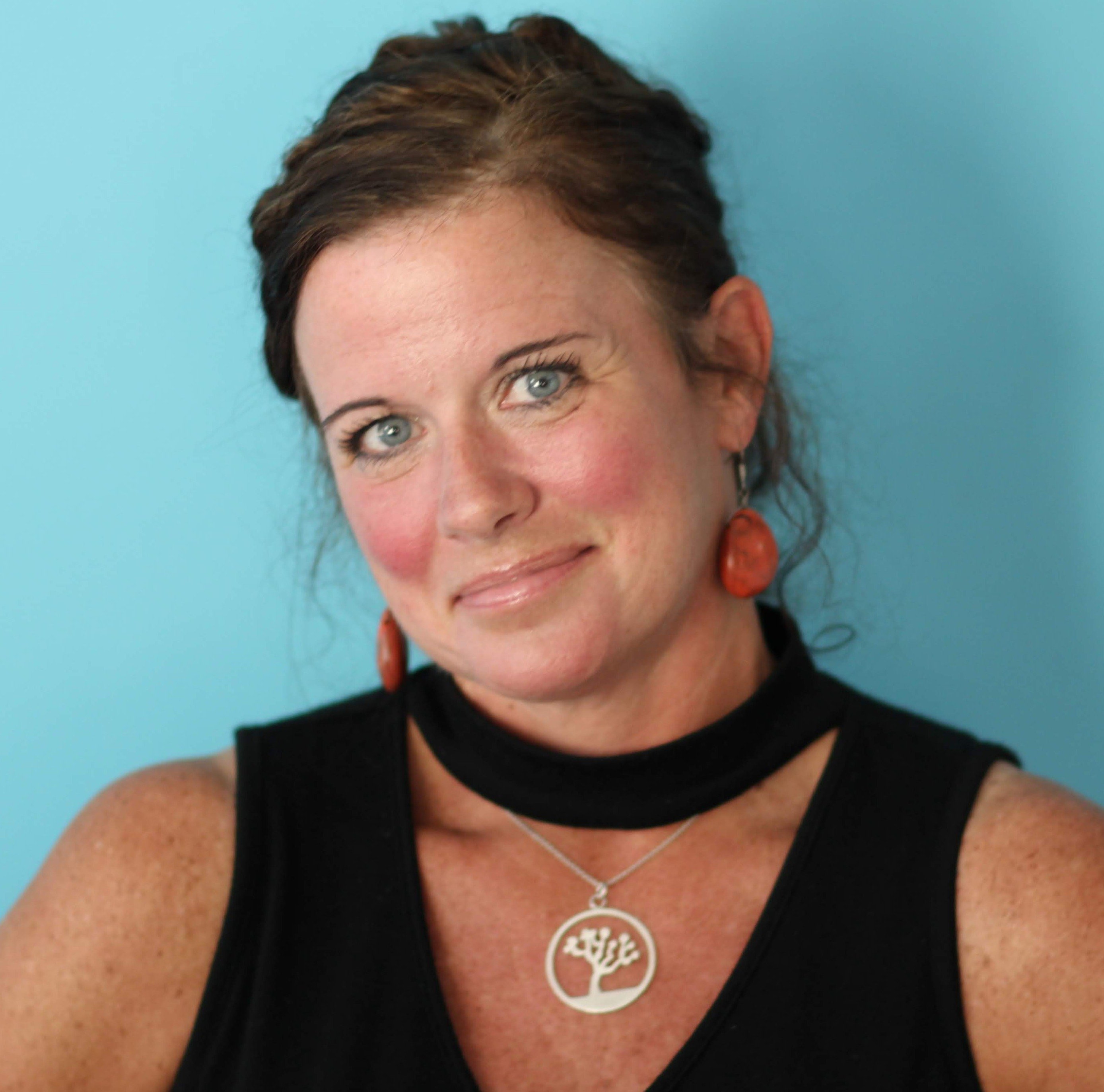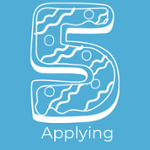.png?width=372&name=DEEP%20DIVE%20INTO%20ELC%20(4).png)
"A Deep Dive Into The Experiential Learning Cycle: generalizing" is part five in a six-part series
As I have said in previous articles, at The Leadership Program we use a specific questioning process called the Experiential Learning Cycle, with students and adults alike. The basic idea behind this process is that greater learning and meaning can come out of ANY experience, if only you take the time to reflect on it.
Our use of the Experiential Learning Cycle follows five steps Experience, Publishing, Processing, Generalizing, and Applying.
Here we are going to focus in on the fourth step of this process, called Generalizing, where participants are challenged to think about how their thoughts and feelings displayed during the group’s experience together can be true “in general,” or elsewhere in their lives.
If you remember, in the publishing phase participants are only reflecting on themselves. And then in the processing phase they reflected on what they noticed happened with others, and in the group as a whole. Both of those phases ask participants to share their thoughts on the experience that just happened in the room together. In the generalizing phase, you are asking participants to take their reflections out of the room, so to speak, and to the world at large. So, we started with “self,” moved to “group,” and now we’re expanding our focus even greater to look at “world.” This is a critically important step in the cycle, because it’s the one that gets participants thinking about the life lessons contained in even the simplest of games or activities. This is also considered the “So What?” portion of the cycle, charging participants to think about why any of this matters.
Some examples of questions we ask during this phase of the cycle, to prime the conversation, include:
- Where else in your life do you have to… (ex: work cooperatively as a group in order to achieve a common goal)?
- Have you had a similar experience like this somewhere else in your life? What happened?
- Do you think it’s true that in general it’s important to _____________ (ex: listen first before making a decision)? Why or why not?
- Why is it important to think about… (ex: how each of us play an important role on a team)?
- Is there anywhere else in your life where _____________ could be effective (ex: taking a risk)? How?
- How is this experience like ____________ (ex: your job)?
- In this game we ____________ (ex: had to let ourselves look a little bit silly in order to be successful). Can you think of any other time or place in your life where that could also be true?
As the facilitator, your goal during this phase is to get participants making “generalizations”—reflections that are true in general, in life. You want to get them thinking about how what happened to them in that room could also impact what happens to them in their job, with their family, with their friends, etc.
A few other tips on how to facilitate effectively the generalizing phase of the cycle:
- As always, ask open-ended questions, rather than close-ended questions. Remember, close-ended questions allow participants to reply with a simple yes or no, and that makes the reflection process a bit more difficult. Open-ended questions, on the other hand, require the participant to explain their what/why/how, and that opens up the conversation much more quickly and easily.
- If participants stay in the “publishing” or “processing” phase of the cycle, answering your questions with statements about what happened during the shared experience that just occurred, you can nudge them gently forward by asking follow-up questions like “Is there anywhere else in your life where that is true for you?” or “Have you had that thought/feeling before? Where?” or “Have you seen anything similar with your family?”
Okay! So you’ve had the Experience, you’ve given your participants the space to Publish their thoughts and feelings about the Experience, and you’ve allowed them time to Process their observations about the group dynamics that showed up during the Experience. Then you’ve challenged them to Generalize their experience, thinking about other places in their lives where they might think/feel/believe similarly to how they are thinking/feeling/believing about the current experience. Next up, the last step—Application—where participants will think about how they can take what they learned during the Experience and apply it to their lives moving forward.
Read about Experiential Learning Cycle Application:
Questions? Thoughts? Please post me in the comments below or Tweet to @ErikaPetrelli1

.png)


Comments [0]
Click here to read/write comments